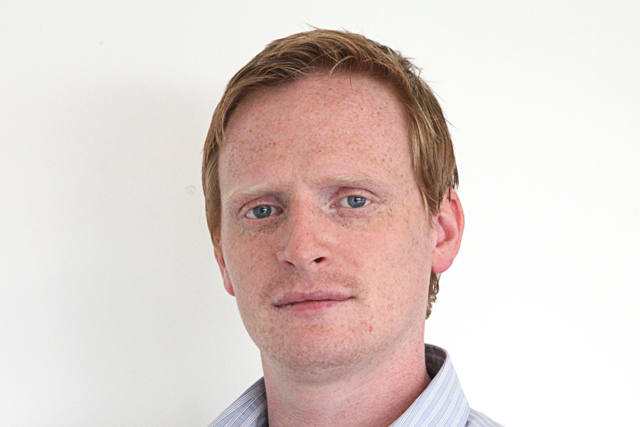The Brits love their tea, so perhaps it’s not surprising that .
The brand’s distinctive tone of voice, provided by Johnny Vegas and Monkey, appeals to our national obsession.
So maybe PG Tips had a head start, but it gives an insight into what lies behind Facebook’s ‘social by design’ mantra.
The scale of Facebook’s stats is seductive to marketers: over 30m UK members, of whom approximately 23m return daily and spend over seven hours of their month on the site.
To date though, quantity rather than quality has been given too much emphasis - how big a fan base it, rather than what to say to them after that first connection.
‘People talking about this’ - a measure of current engagement totalling up the unique users who have engaged with the brand in the previous week - was rolled out in 2011.
Comparing the ratio of engaged users to total audience gives both a new angle to assess how well brands are using the platform, as well as a benchmark of how engaging a page’s content is.
Marketers are used to thinking in terms of their messages vying for attention with their competitors.
But in a social environment it’s those of friends and family, and that changes the tone of voice brands should use.
Brash sticks out, while irreverent fits right in. A rule of thumb for marketers could be, ‘How would I respond if a Facebook friend sent me this?’
Beyond Justin Bieber fans, would anyone want to be friends with a person who asked you to ‘’?
Compare that to sharing a video, and it becomes easier to understand how consumers will respond.
Unsurprising then, that brands with a pre-existing, natural tone that appeals to the ambience of Facebook - think - have adjusted more easily, but comparing and the company’s runaway YouTube success shows a genuine shift is achievable.
More subtle and less understood is the need to put the regularity and weight of communication to a human scale.
Affinity is a key part of Facebook’s Edgerank algorithm - the formula that decides which of the torrent of information appears in the newsfeed. It is partly self-reinforcing: the more someone responds, the more likely they are to see repeat posts from that source and thus interact again.
Affinity does not spring into existence fully formed but is built inch by inch. For brands, frequent, lightweight contact with an audience will be better received by consumers as well as improving that affinity score.
The comparison with ‘offline’ relationships is instructive here. Many small, individually insignificant moments of contact accrete over time, until a level of affinity is created meaning we are psychologically comfortable with a person - we trust them.
Marlene Dietrich said ‘It’s the friends you can call up at 4am that matter,’ but it probably wouldn’t be the right way to begin.
Marketers too should be gradually building up a social connection with their customers, making their lives easier and more enjoyable in small ways.
When done right, a consumer will want to spend time with a brand, but only once they are comfortable with it.
Not to disappoint the romantics out there, but the point of ‘love at first sight’ is a that it is a once-in-a-lifetime, out of the ordinary event.
Facebook inadvertently encouraged brands to manufacture an instant connection by publicising the fanbase size of pages.
In the absence of other easily accessible measurements, brands could slip into a simple numbers game to compare and judge their success on the platform on size alone.
The total size of a fanbase is of course important - Facebook estimates that, on average, 16% of a post’s potential audience actually see it.
Sixteen percent of a million is, unarguably, more than 16% of a few thousand. But as the platform becomes more of a fixture, the industry is increasingly recognising that simply acquiring a fanbase is only half the task.
After all, would you stay friends with someone who only spoke to you once a year?


